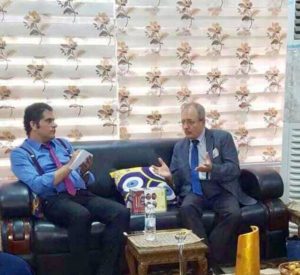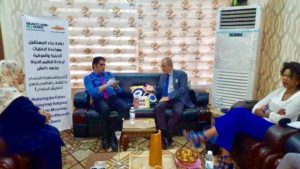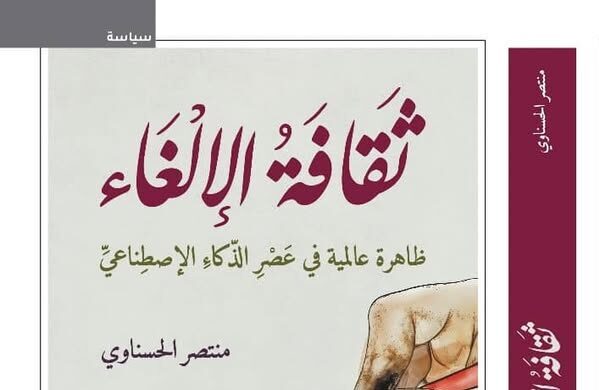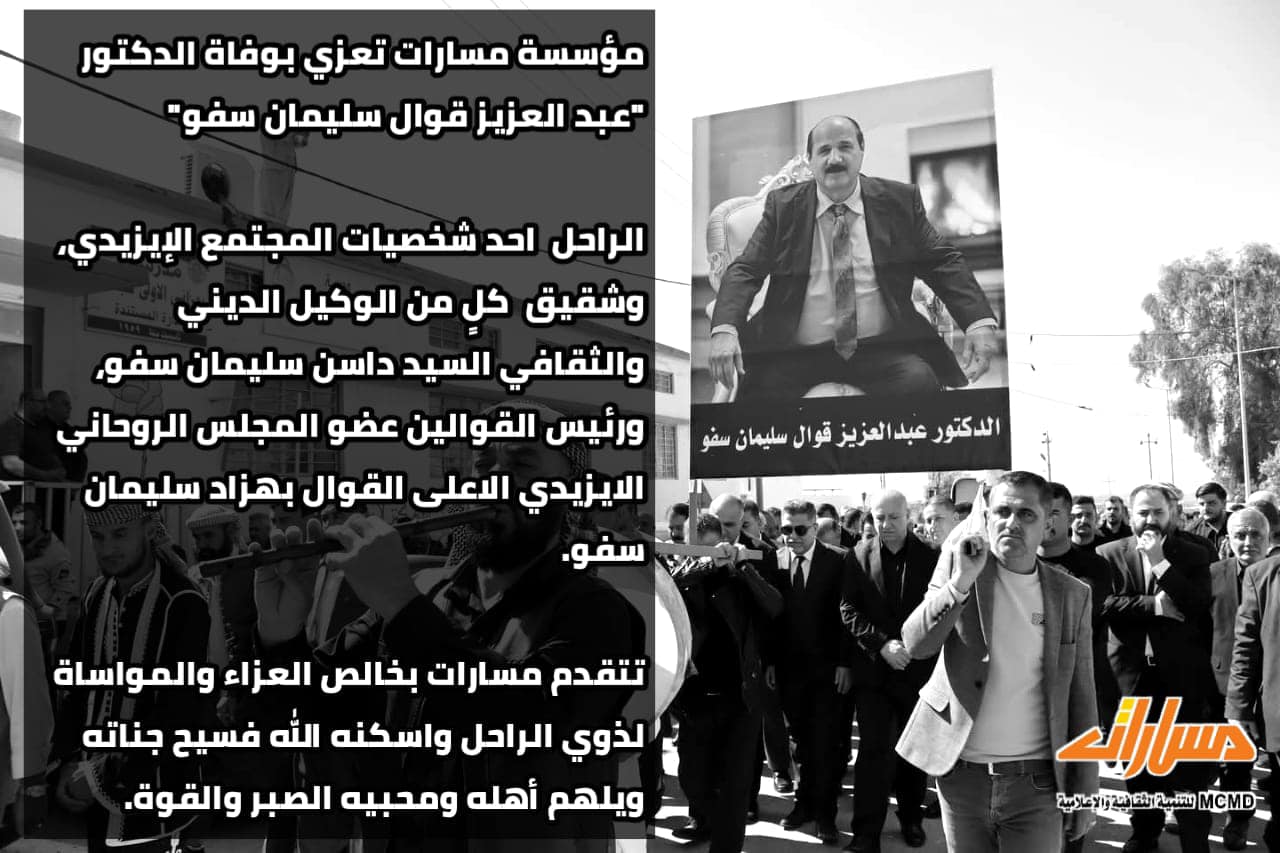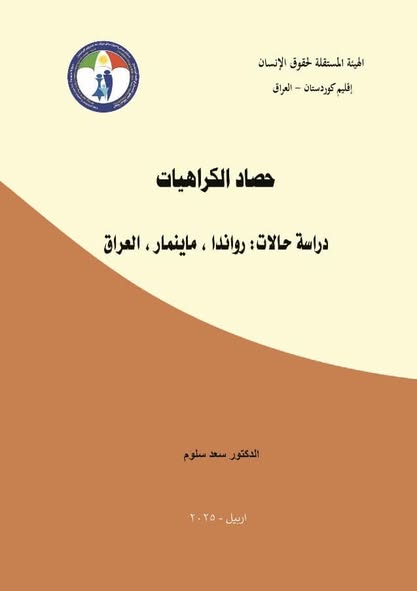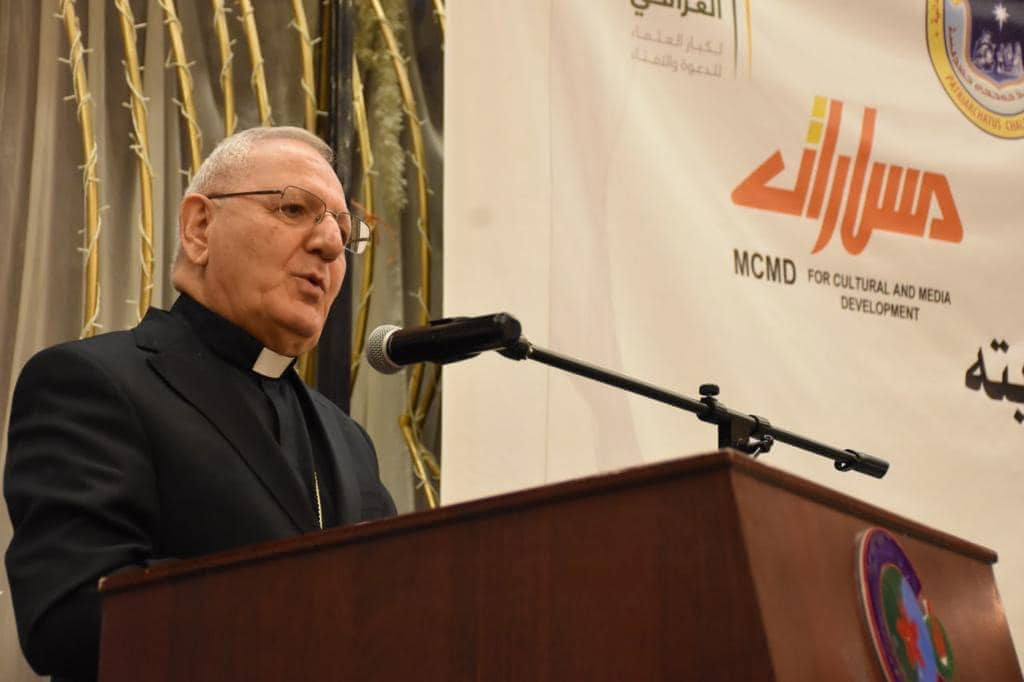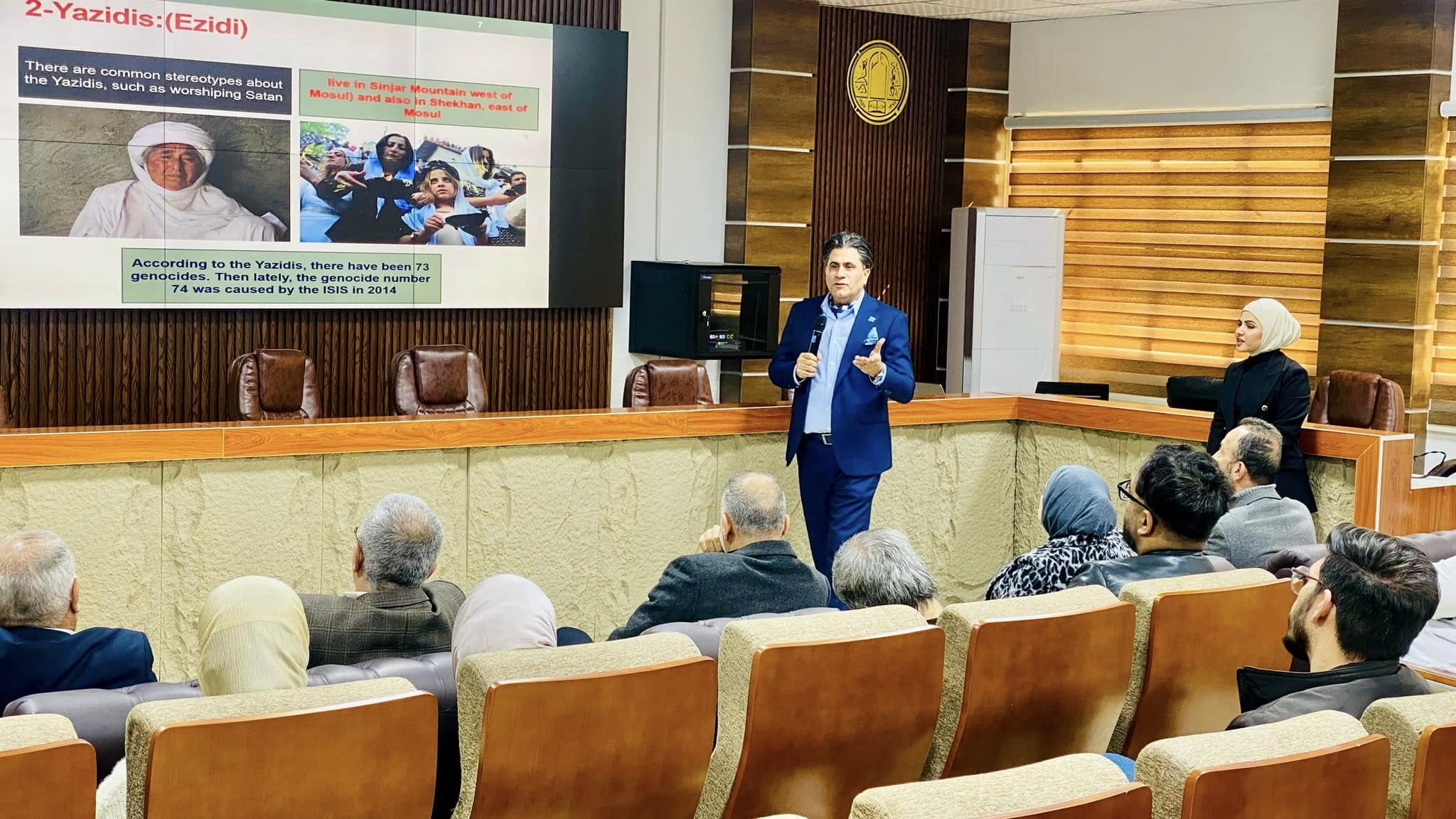Building trust among the components of Iraq is necessary for its future in the post-ISIS era
UNAMI discussed with MASARAT Institution for Cultural and Media Development the best ways to enhance diversity in Iraq in the post-ISIS era, especially after liberating Ninawa province from this extremist organization.
Mr. Georgi Bostin, UNAMI deputy chief of mission in Iraq, said that the coming era requires uniting and collaborating efforts of international community with Iraqi community to reorganize life in the liberated areas, asserting that the biggest role in this regard should be that of the Iraqi civil society.
In this regard, Dr. Saad Saloom, General Coordinator of MASARAT, said that the joint work with UNAMI represents for us an important umbrella pushing forward the civil work, and making it more vital, and the connection of UNAMI and its influence on decision makers and government makes its role more decisive in the process of trust building in the post-ISIS era.
The meeting, conducted in MASARAT HQ in Baghdad witnessed a review of the latest results reached at by MASARAT in its project with Heatland Alliance International on “Reconstructing the Future of Religious and Ethnic Minorities to restore life in post-ISIS era” and its campaign to combat hatred discourse towards minority groups, in cooperation with NED. Mr. Bostin called MASART to assist UNAMI in unifying the vision of minorities and their priorities in post-ISIS era in line with UNAMI’s efforts to assist them under the current developments.
Mr. Bostin commended the role of MASARAT and its efforts in restoring trust among minority groups to reorganize their post-ISIS life, expressing his confidence in MASARAT’s capacity in this regard.
The UN delegation included UNAMI advisor for women affairs Mrs. Nono Dhemio. The meeting was attended by Dr. Amina Al-Dhahabi, Executive Manager of MASARAT as well.
